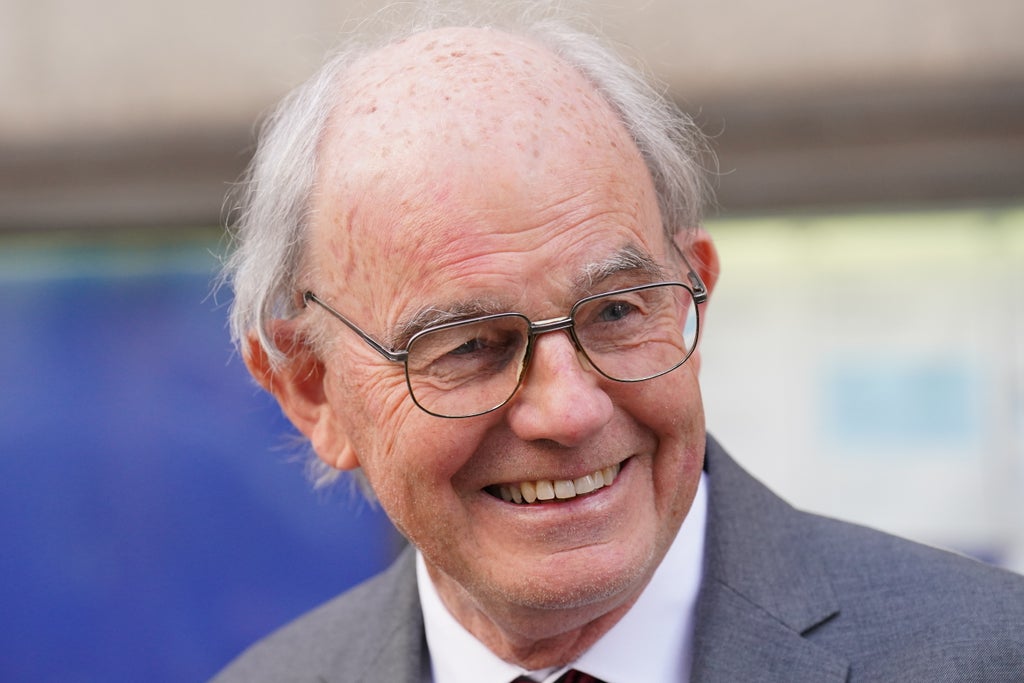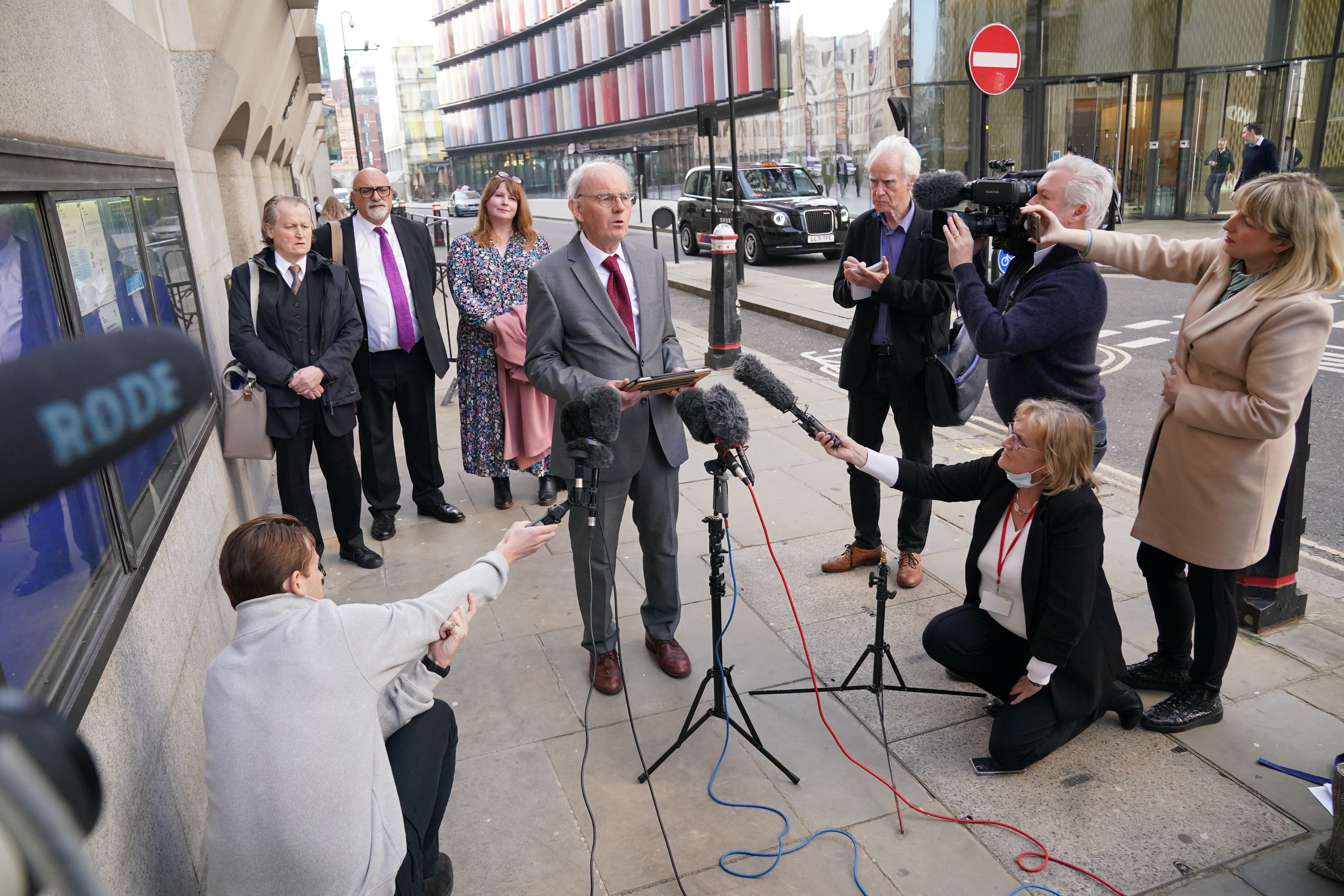
A judge’s rejection of a police bid to force a reporter to reveal his sources has been hailed as a “hopeful beacon” by the National Union of Journalists (NUJ).
Chris Mullin, 74, will not have to hand over his notes after he challenged West Midlands Police’s application to force him to disclose source material dating back to 1985 and 1986, when he investigated the 1974 Birmingham pub bombings.
The NUJ said the case had “threatened press freedom” and that the judge’s ruling shows he recognised the importance of protecting journalistic sources.

West Midlands Police used the Terrorism Act to launch its unsuccessful bid.
At the Old Bailey on Tuesday morning, the Recorder of London Judge Mark Lucraft said: “I decline to grant the production order sought.”
Michelle Stanistreet, the NUJ’s general secretary, said: “This judgment is a hopeful beacon at a time when we rely more than ever on dependable news, despite journalists facing mounting legal challenges.
“Few reporters have been more courageous and dogged than Chris Mullin, nor have they been so spectacularly vindicated.
“This case threatened press freedom and amounted to another attempt to criminalise the legitimate actions of journalists.
“In refusing this production order, the judge has recognised the principle that the NUJ will always defend – that protecting sources underpins every journalist’s ability to report.
“I hope that West Midlands Police now chooses to devote its many powers to amassing sufficient credible evidence to secure a conviction for those terrible bombings.”
In his book, Error Of Judgement, and a series of documentaries, Mr Mullin, a former MP and minister, helped expose one of the worst miscarriages of justice, leading to the release of the Birmingham Six after their convictions were quashed in 1991.
Some 21 people were killed in the attack on two pubs on November 21 1974.







